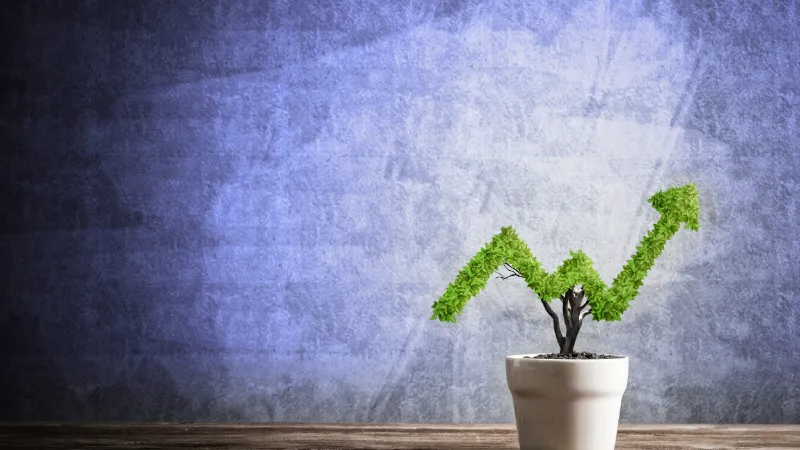
Values and values : sustainability and finance
In English, and French the terms “value”, and “valeur” have a second (or first?) meaning, which becomes very important to us after the maturation process of our youth and the formation of our own identity. This meaning is not about numbers and figures, but about properties or qualities considered morally good, as well as accepted or rejected norms. This concept of value has to do with ethical ideas.
So you realise the automobile stocks in your portfolio have crashed and technology stocks are also “weakening”. Maybe you wonder why you even still "hold" them? Perhaps you try to avoid unnecessary car journeys and start placing increasing value on another form of sustainability. Perhaps you realise there is a contradiction with your own ideals: although you also have shares in wind energy operators, you are ultimately inconsistent. When you were younger, didn't you come to the certain realisation that you wanted to create as few social and environmental problems as possible through your own actions? On the contrary, you wanted to be part of the solution?
So you could ask your investment advisor to reallocate your portfolio according to sustainability criteria. And tell them not to look at the quarterly development, but at what the companies are doing with the money. You would rather measure the value of your investment that way. That would make you feel better!
Before having this conversation, however, it is worthwhile finding out more about the concept of sustainability. Originally, it described a way of using a natural system capable of regenerating so that its essential properties are preserved and its population can grow back naturally. In the 18th century, the term initially referred to the method of forest management in which only as much wood is removed as can grow back, so that the forest is never completely cut down, but can always regenerate. In the broadened sense of a “state of global equilibrium”, the term appears for the first time in a prominent place in the 1972 report to the Club of Rome entitled “The Limits to Growth”.
In the 1987 Brundtland Report by the World Commission on Environment and Development, sustainability was defined as development that meets the needs of today's generation without endangering the ability of future generations to meet their needs. Today we speak of a three-pillar model of sustainability:
- Ecological sustainability: nature and the environment are to be preserved for future generations (preservation of biodiversity, climate protection, and maintenance of cultural and landscape areas).
- Economic sustainability: the economy should be designed in such a way that it offers a lasting, stable basis for commerce and prosperity (protection of economic resources from exploitation).
- Social sustainability: society should develop in such a way that everyone is able to participate (balancing social forces in order to achieve a liveable society that is fit for the future in the long term).
Sustainability can be implemented on a local, regional, national, or global level. While a global approach is increasingly being pursued from an ecological perspective, the national point of view is often in the foreground when it comes to economic and social sustainability. You can tell your investment advisor about any wishes you have in this regard. You just have to want it…